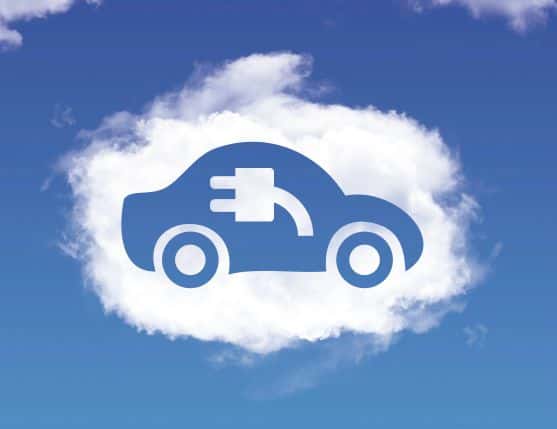Earlier this month, the California Public Utilities Commission (CPUC) signed off on a bunch of transportation-electrification pilot projects for the state’s three investor-owned utilities (IOUs). Although Southern California Edison (SCE) immediately provided details about its approved pilots, fellow utility Pacific Gas and Electric Co. (PG&E) is now shedding some light on its project plans.
In a press release, PG&E says it will begin developing four new pilot projects aimed at helping fleet and residential customers simplify electric vehicle (EV) charging.
The utility says transportation is California’s single-largest contributor to greenhouse-gas (GHG) emissions, and expanding access to EVs is essential to improving air quality in the state. Through these new projects, PG&E plans to support widespread EV adoption and help drivers and companies become more confident in using electricity to power vehicles. PG&E says its projects focus primarily on electric transportation for medium- to heavy-duty vehicles to address air pollution, since these vehicles typically run on diesel.
“California continues to lead the nation in the fight against climate change, and clean transportation is critical to building our sustainable energy future. By connecting underserved communities to the necessary infrastructure and making clean energy transportation options more accessible, PG&E ensures all customers can participate in that future while helping the state and our communities meet their clean air and greenhouse-gas emission reduction goals,” says Geisha Williams, CEO and president of PG&E.
Testing New Use Cases
PG&E says its four projects approved by the CPUC span a variety of transportation sectors:
Transit fleets: Partnering with a local transit agency, PG&E will demonstrate how battery storage and smart charging can lower operating costs.
School buses: PG&E will test new incentive structures to target EV charging for school buses during periods of high renewable generation, such as when there is excess solar energy during the day.
Heavy-duty fleets: PG&E will evaluate economic viability for technologies that help customers with heavy-duty fleets eliminate engine idling to power auxiliary vehicle loads such as cooling and heating.
Residential charging: PG&E will develop online resources to help simplify the home charger purchase and installation process for the utility’s residential customers driving EVs, especially those in disadvantaged communities.
As a next step, PG&E says it is identifying customers with fleet vehicles to partner with on the demonstration projects in disadvantaged communities.
These four projects are part of a comprehensive plan submitted to the CPUC in January 2017 aimed at accelerating widespread EV adoption and combating climate change. Complementing these pilot projects, PG&E expects the CPUC to vote on its proposals to expand electrification for medium- to heavy-duty fleets and to increase fast-charging stations to meet consumer demand.
Recently, PG&E also launched its new EV Charge Network program to help accelerate the adoption of EVs in California. Partnering with business customers and EV charging companies, PG&E will install 7,500 EV chargers at condominiums, apartment buildings and workplaces across Northern and Central California, including at sites in disadvantaged communities.





